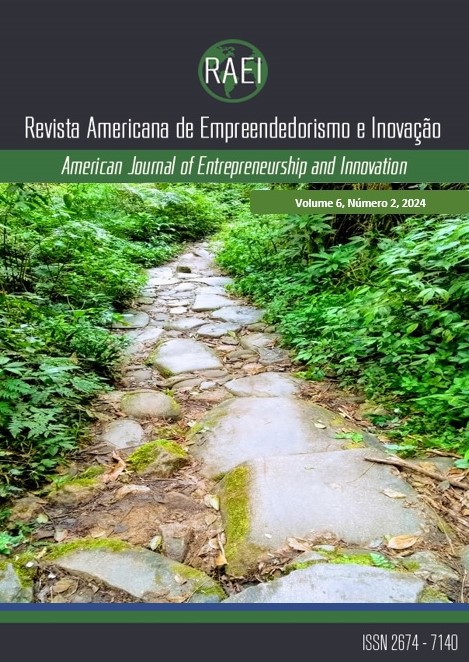STATUS E APRENDIZAGEM COLETIVA EM REDES INTERORGANIZACIONAIS
ANÁLISE DE UM SISTEMA ADAPTATIVO COMPLEXO
DOI:
https://doi.org/10.33871/26747170.2024.6.2.9208Abstract
The general purpose of this work is to examine how the status of organizations influences learning among actors in a Local Productive Arrangement (LPA) from the perspective of Complex Adaptive Systems (CAS). LPAs have become a significant space for the development of learning communities, aiming to promote knowledge sharing, especially among small and medium-sized organizations. In this context, the literature has presented few empirical studies regarding organizational networks as a reference for shared learning in internationalization processes (MCNAMARA, 2005). Data analysis was carried out using content analysis, which is a set of techniques for systematically and objectively examining messages, both qualitatively and quantitatively, allowing inferences about the message content. The analysis used in this work employed the theme as the unit of recording, enabling thematic analysis to find "core meanings" in communication (BARDIN, 2002). As a result, it is highlighted that the status levels of actors operating in Complex Adaptive Systems (CAS) are elements that, in a learning community, have the potential to assist the collaborative process and organizational interrelation, which have common interests and adaptive requirements, through the sharing of experiences, knowledge, and information seeking, facilitated by a legitimized agency, with the aim of making the individual and collective performance of its participants more effective.

